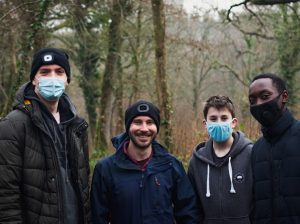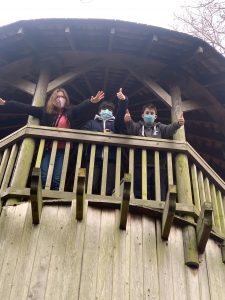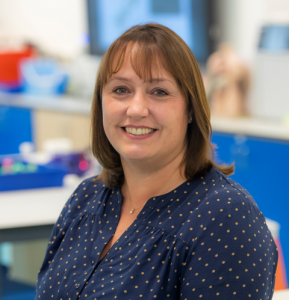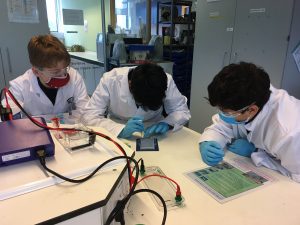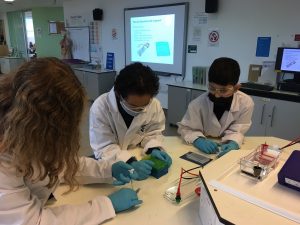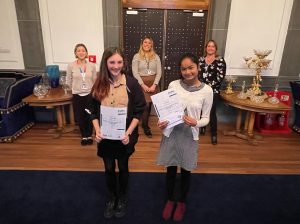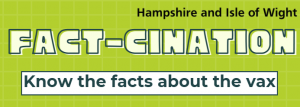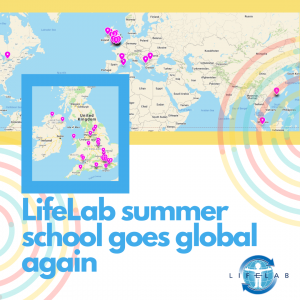Are you looking to make a difference? Do you have ideas about how we could improve young people’s health? Then we are looking for you. We need enthusiastic young people with bright ideas who want to help improve health outcomes for their community.
This is a job at the University of Southampton, working with the LifeLab team, where your views and opinions will help us understand the challenges young people face when making healthy choices and the opportunities there are to support them to make better choices. Your ideas and experience will be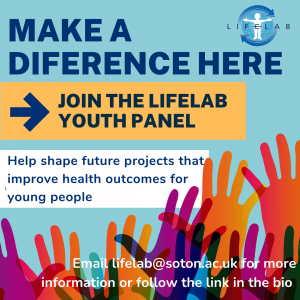 invaluable in shaping future projects and opportunities.
invaluable in shaping future projects and opportunities.
As a member of the University of Southampton’s Uniworkforce, you will be employed at Level 2a, spinal point 9, with an hourly rate of £10.23. This role will require a commitment of three hours a week, largely online but with the occasional need to meet face to face.
We are keen to hear from students aged 14yrs+ who are in Year 9 to 12 and who want to play a vital role in shaping our future direction.
Along with contributing your ideas, perspective and experience we are looking for young people who are confident to share their ideas, have basic literacy and IT skills, the ability to work in a team, effective communication skills and be able to maintain confidentiality.
The successful panel members would meet as a group each week (most likely Tuesday 4.30pm-5.30pm), where we will discuss various LifeLab projects and consider how these can be developed. You will then be given some tasks to complete independently that can be brought back to the group and help guide our future work.
Our commitment to you would be a full induction to the team, the opportunity to work with inspiring people from education and healthcare settings and a fantastic addition to your CV or application to University or further education settings.
Find out more about what the post involves by reading the role descriptor document here:
Youth Panel member role descriptor
For more information please read the role descriptor document, and if you feel that this is the opportunity for you, fill out the application form.
Click here to complete the application form
We are also happy to accept a short video which covers the question asked in the form. Please make them no longer than five minutes in length. Please contact the LifeLab team if you are considering this option so we can arrange how it can be submitted.
>>>>CLOSING DATE IS MIDNIGHT, SUNDAY 14TH AUGUST, 2022.<<<<
For any queries or questions about the application, please email lifelab@soton.ac.uk and someone from the team will be in touch.
